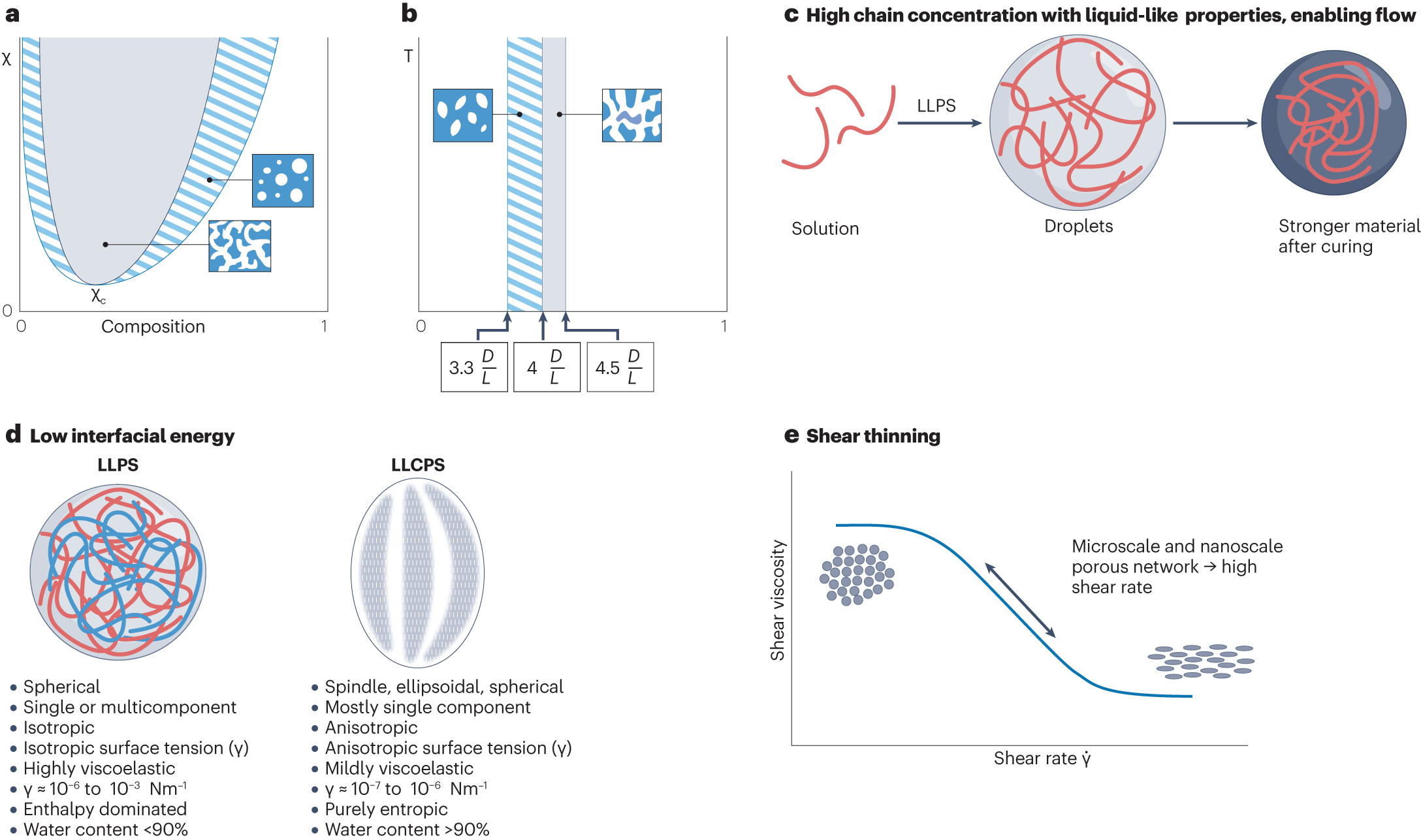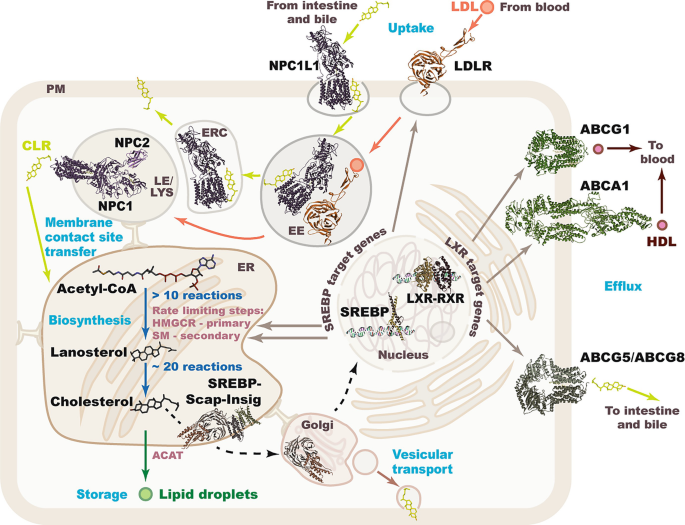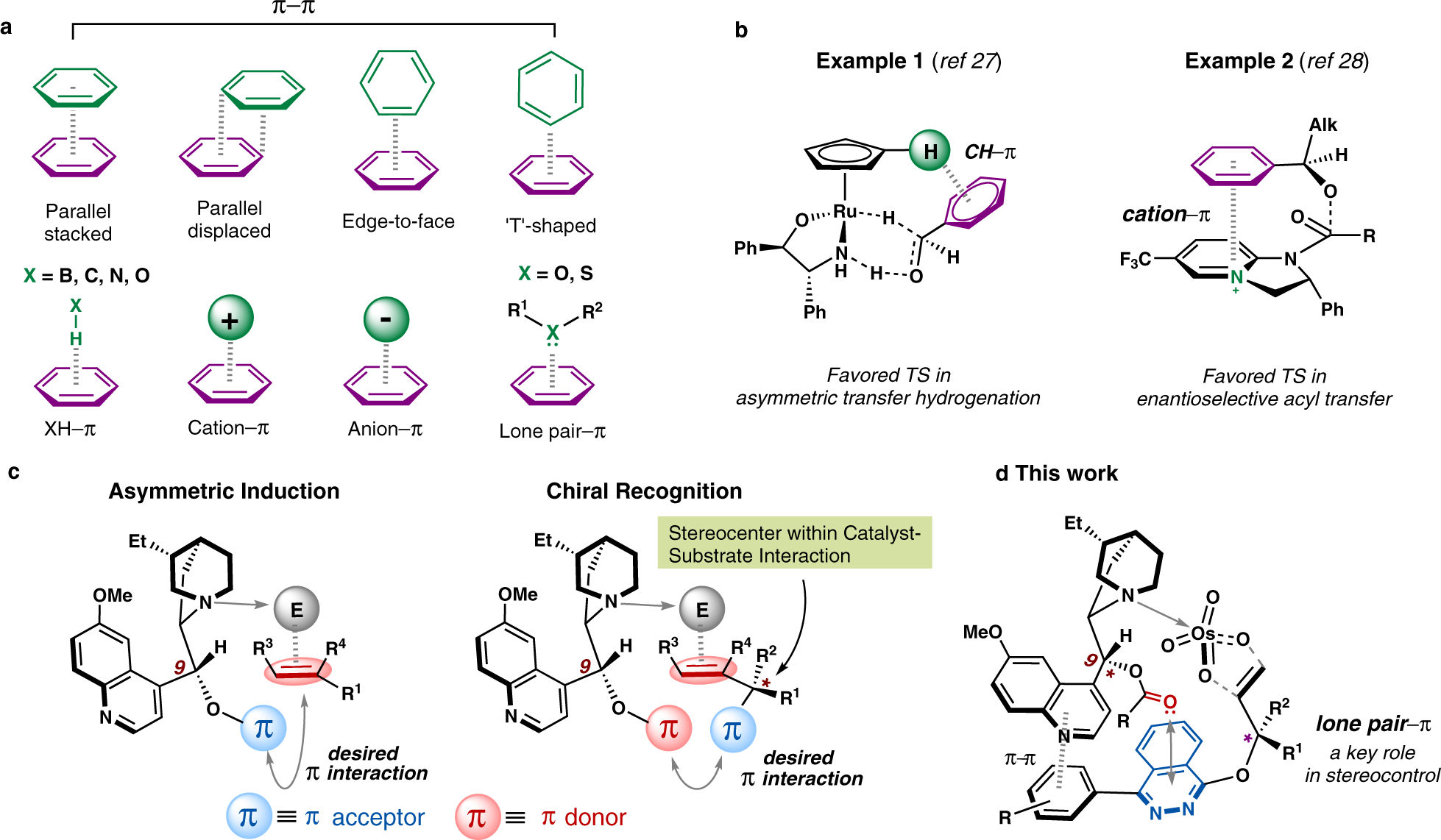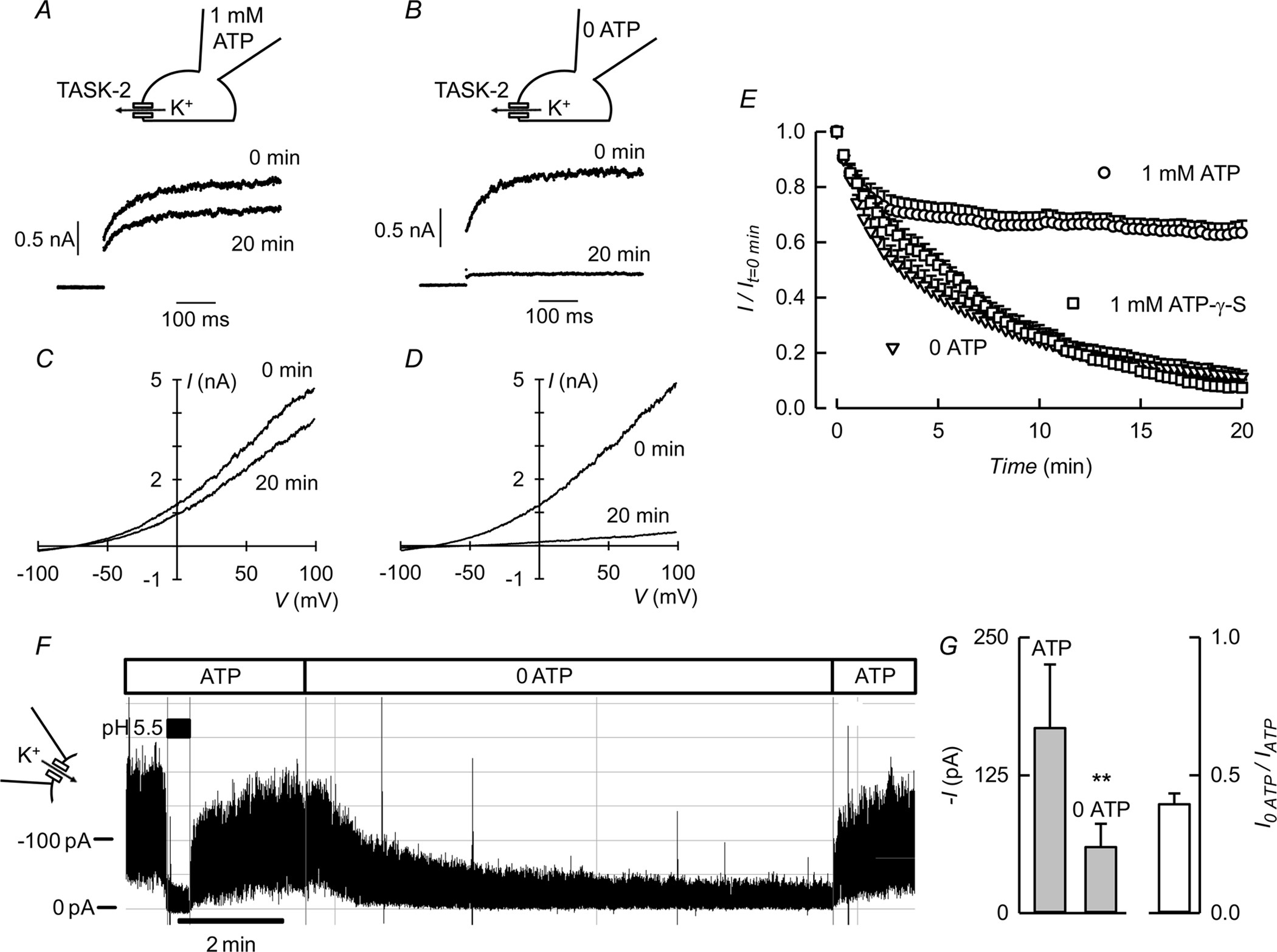Design principles of PI(4,5)P2 clustering under protein-free conditions: Specific cation effects and calcium-potassium synergy
Por um escritor misterioso
Descrição

Fluid protein condensates for bio-inspired applications

PI(4,5)P2 and Cholesterol: Synthesis, Regulation, and Functions

Divalent cations bind to phosphoinositides to induce ion and isomer specific propensities for nano-cluster initiation in bilayer membranes

Simulation snapshot of a bilayer containing 800 lipids with PIP2

A mechanosensing mechanism controls plasma membrane shape homeostasis at the nanoscale

Overexpression of mRFP-PI4P5KI increased the concentration of PI(4,5)P

Engineered non-covalent π interactions as key elements for chiral recognition

Phosphatidylinositol (4,5)-bisphosphate dynamically regulates the K2P background K+ channel TASK-2

Cardiac transmembrane ion channels and action potentials: cellular physiology and arrhythmogenic behavior

Activation of VSP (Dr-VSP) reduces PH probe FRET. (A) Cells were

Gq-mediated calcium dynamics and membrane tension modulate neurite plasticity
de
por adulto (o preço varia de acordo com o tamanho do grupo)







